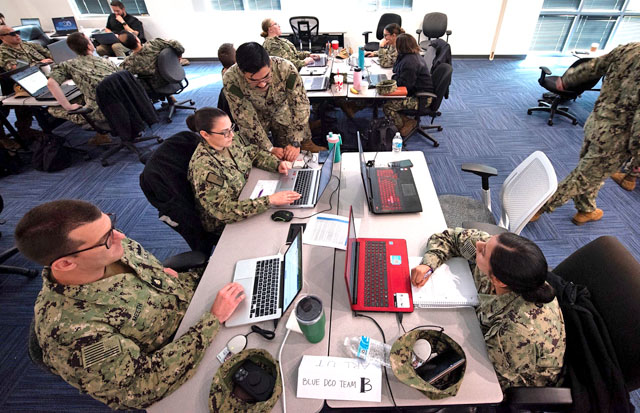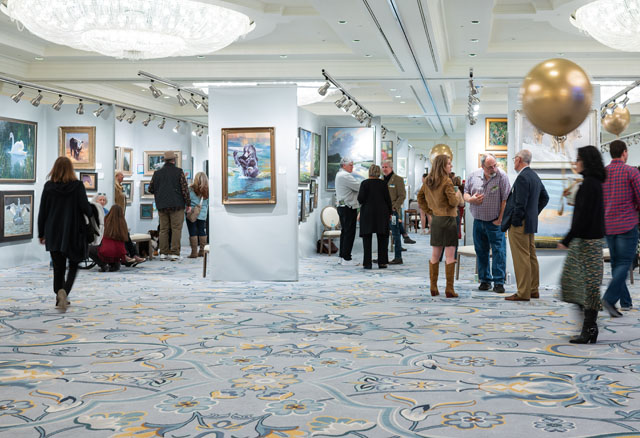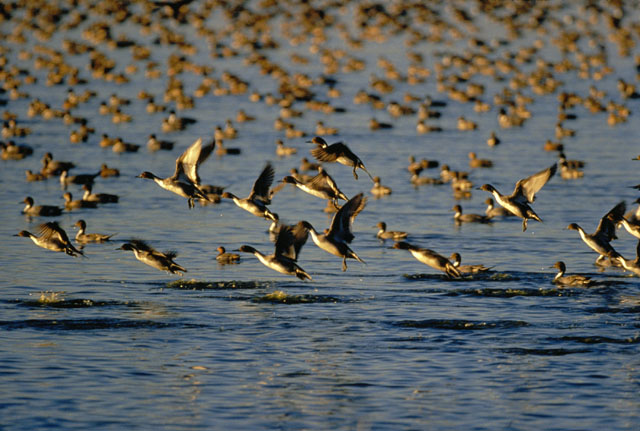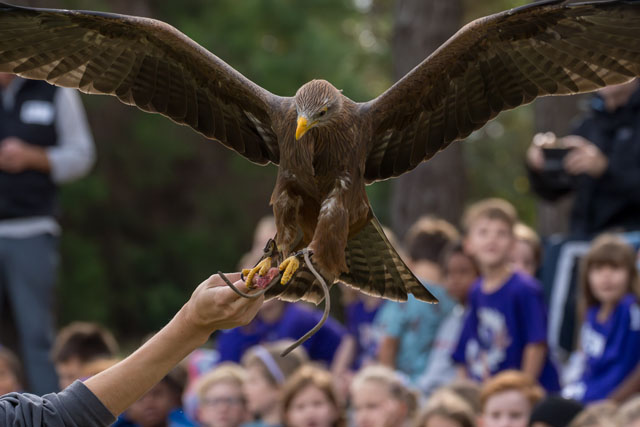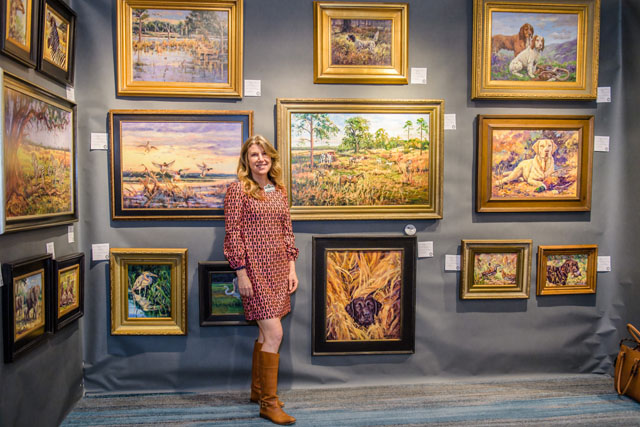A Presidential Duck Hunt
03 Jan 2024
The time President Grover Cleveland took aim in Lowcountry waters
By Tim Lowry
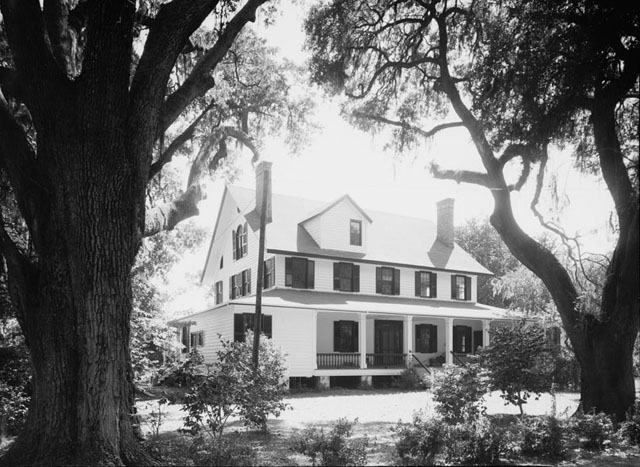
Sports hunting has always been a part of South Carolina culture. In colonial and antebellum times, the elite planters of the South Carolina Lowcountry relished in field sports as part of their genteel and highly-social lifestyles. Modeled on the great stag hunts of medieval kings and the fox hunting tradition of Great Britain’s upper crust, the hunting parties on a Lowcountry plantation were grand occasions for gentlemen to not only show off their ability with a firearm, but also to compete as horsemen and houndsmen.
Not to mention that a smart riding outfit would set one apart as a man of distinction and good taste. Some of these occasions were so highly costumed and choreographed that the stag or fox was merely a minor accessory. In contrast with these highly decorated hunters, there were plenty of serious deer stalkers in those days who were excellent marksmen and not at all interested in “falderal.”
Wild game for many a backcountry South Carolinian was a major source of meat during lean farm seasons; but even in the more “uncivilized” regions, men would gather for a turkey shoot from time to time, where they would indulge in no small amount of posturing and preening, even if they were dressed in buckskin instead of riding breeches.
The devastation of the Civil War, the economic hardships of the Reconstruction era and a series of crop failures just before the turn of the century all contributed to the demise of the plantation society. Consequently, the grand hunting parties that once took place on these riverfront properties became memories of a bygone era. As the South languished under economic depression and plantation fields lay fallow, tens of thousands of acres formerly used for the cultivation of rice were being claimed by millions of migrating ducks. This opportunity for a new era of hunting parties and grand gatherings had largely gone unnoticed. But then, United States President Grover Cleveland decided to go duck hunting.
A Presidential Hunt
In December of 1894, President Cleveland traveled by train to Georgetown, SC and then by steamer ship to Winyah Bay to enjoy some duck hunting with his friend Edward Porter Alexander, a former Confederate general who had acquired several former rice plantations along the South Carolina coast. The presidential excursion was noted by the local newspapers, along with the details that the weather was fine and the duck hunting was extraordinary. Even so, the nation might not have paid any particular attention except for a minor incident that became big news.
There are varying accounts, but as the story goes, President Cleveland asked a local guide to take him across the water in a skiff so that he might spend some time hunting from the shore. What caused the President to topple from the boat is disputed. Some say he took a shot from a standing position and the recoiling firearm caused him to lose his balance and topple into the water. Others say a gust of wind upset the balance of the boat. However, a third version of the story seems to be most likely. Upon reaching the shore, President Cleveland proceeded to step from the skiff onto what he thought was solid ground; but he was actually stepping into the soft, squishy, oozing stuff that Lowcountry folks know as pluff mud. Pluff mud is exposed low-tide river bottom that burps up little bubbles of air that go “pluff, pluff, pluff” that give it the moniker. However, President Cleveland was not a little bubble of air! He was a rotund 275-pound sportsman in heavy wading boots. When he stepped into the ooze, he slipped, fell, and began to sink into the slime. Struggling only made the predicament worse and very soon the President had sunk thigh deep into the stinking slop. Bear-hugging the President, the guide began to pull with all his might. After a mighty struggle, he was able to pull the President free of the muck, but his wading boots remained cemented to the river bottom. The President laughed the whole incident off and was returned to the steam ship minus his wading boots, but the proud owner of a funny hunting story that he told over and over to his friends.
That would have probably been the end of it, except the papers caught wind of the tale and gave it a proper journalist’s treatment. When the incident was reported in the news, the headline read “President Cleveland Briefly Lost and Rescued in Winyah Bay While Duck Hunting.” In reality of course, the President was never in any real danger as he had fallen into harmless mud and only about twelve inches of water.
Several wealthy industrialists from the North read the story and consequently learned of the excellent hunting grounds and fine weather in the South Carolina Lowcountry. These old plantations, more of a tax burden than anything else, could be had for pennies on the dollar. Very quickly, more trains and steamships were bringing men to the Carolina coast to buy up historic houses and grounds and turn them into hunting lodges.
One of these “wealthy northerners” was Wall Street financier and adviser to presidents, Bernard Baruch. He purchased a number of properties and eventually owned more than 14,000 acres of hunting grounds. His most well-known property was the colonial era plantation Hobcaw Barony, located near Georgetown, SC.
For 50 years, this property was the site of many happy hunting parties, reminiscent of South Carolina’s plantation days. In 1964, Baruch’s daughter Belle created a foundation to preserve this pristine hunting ground as a research facility and wildlife sanctuary. Although it is privately owned, the plantation is regularly opened for tours and special events featuring many of the 70+ cultural sites on the property, including cemeteries, slave cabins and historic homes. Visitors can even view the “President’s Stand” where Grover Cleveland suffered his little mishap that ultimately saved a historic property and preserved a long-standing hunting tradition for future generations.
Storyteller Tim Lowry is a Southern raconteur from Summerville. Learn more at www.storytellertimlowry.com.


